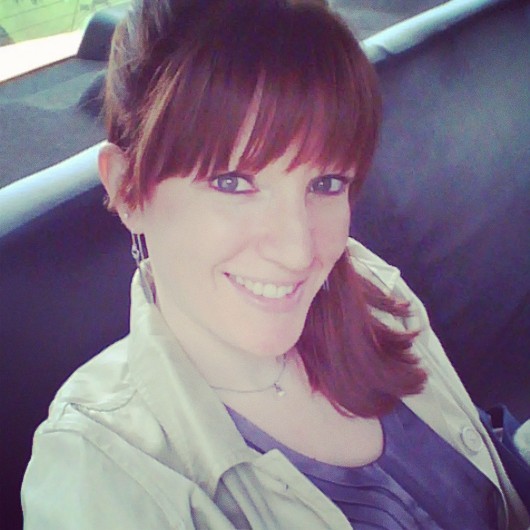With each year that passes there are more and more BIC graduates doing great work all over the world. At least once each year we hope to publish brief “Alumni Updates” where our alumni can tell us some about their post-BIC lives. In addition to these annual updates, we are going to start posting interviews with some of our alumni. Last month we highlighted the speaker for our upcoming BIC Alumni Homecoming Lecture, Megan Rapp. This month we spoke to Dr. Christine Gentry (’03). We hope you enjoy, and if you are interested in being interviewed for a future blog post, email us at BIC@baylor.edu.
What year did you graduate from Baylor? What did you study?
I graduated in 2003. I was a University Scholar, so I didn’t have an official major or minor, but if I had they would have been English and Sociology, respectively.
What have you been doing since graduating from Baylor?
After Baylor was a gap year when I was trying to decide what to do next. I was entertaining three ideas, each of which I started to pursue. Part of me wanted to be David Attenborough when I grew up, so I worked at Cameron Park Zoo (I was the person who went around to all the elementary schools with animals hanging off of me—“don’t touch the cloaca, kids!”); part of me wanted to be an actress, so I got an agent and did some work in Waco and Dallas (there’s a terrible movie floating around Netflix, but don’t even try to get the title out of me); and part of me wanted to be a high school English teacher, so I started substitute teaching in Waco and Midway and, since I knew I’d need a Master’s if I chose that path, I took the GRE. The day I sat for that test, I made a tiny decision that ended up changing my life: I stayed for the optional survey at the end. The vast majority of the room left; we had just finished taking a four-hour exam—who wanted to answer more questions?? But for some reason, I stayed. It was a simple survey. What do you want to do? What are you interested in studying? Is it okay if schools contact you? I thought nothing of it. But Harvard emailed me a few months later. “You might be interested in our Teacher Education Program.” I never would have entertained the idea of leaving Texas, much less applying to Harvard. But, thanks to that email, I did. The first time I saw Boston was in a U-Haul moving there. That 11-month Master’s program was intense. And wonderful. I fell in love with urban education. I stayed and taught in inner-city Boston for five years. During that time, I was lucky enough to mentor three student teachers. Watching them learn and grow inspired my next step, a Ph.D. in English Education from Columbia. In the four years I spent doing that, it became clear to me that I would never be happy in academia. I definitely wanted to teach future urban educators, but not if it kept me away from kids. I was so happy when I found a job where I could do both!
What are you doing currently for work/career? What do you enjoy most about your work?
I am currently the Director of Certification for a network of public schools in Boston. I’m in charge of all the student teachers across the network, who are immersed in the school full-time from day one, learning how to teach apprenticeship style. I observe them, mentor them, and teach a Master’s seminar course to them, but I also get to teach a section of seniors, which is the delightful little cherry on top of a really dreamy job. If I didn’t get to interact with teenagers every day, I’d die.
How has your BIC education influenced your life/career since leaving Baylor?
BIC fosters a kind of wideawakeness about the world—a sense of how intricate and interconnected all of its parts really are. That kind of wideawakeness sticks with you and, I believe, makes you a better citizen of the world, no matter what field you settle in to.
Do you have a favorite memory from your time in BIC?
Capstone presentations, for sure. And all-nighter studying sessions with friends for those brutal World Cultures finals. (NoDoz for the win!)
What are your goals for the future?
To help shape the next generation of urban public educators, to tirelessly work to close the achievement gap, and to build relationships with teenagers that will allow me to instill in them a lifelong love for literature, writing, and critical thinking.



